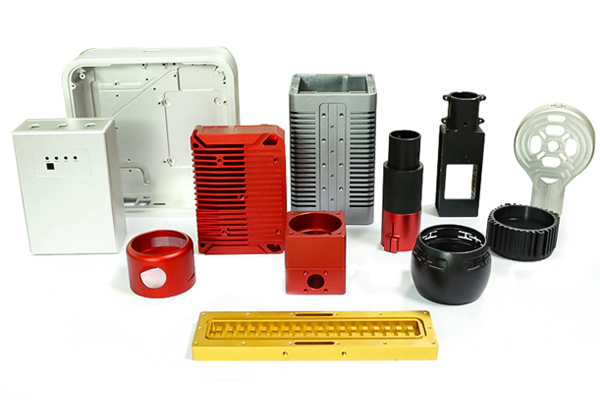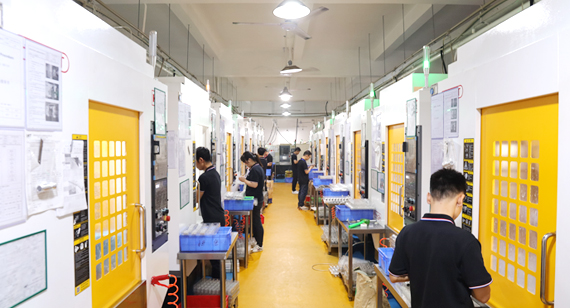15 years one-stop China custom CNC machining parts factory

Hey there I’m VMT Sam!
With 25 years of CNC machining experience we are committed to helping clients overcome 10000 complex part-processing challenges all to contribute to a better life through intelligent manufacturing. Contact us now
 154 |
Published by VMT at Oct 08 2023
154 |
Published by VMT at Oct 08 2023
1. Understand the Differences Between Plastic CNC Parts and Metal CNC Machined Parts
The most significant differences between plastic and metal CNC machined parts lie in material properties and appearance. Plastic CNC machined parts are typically lightweight and flexible, whereas metal parts are more robust, have higher hardness, and offer superior corrosion resistance and aesthetics. Therefore, when a customer requests the conversion of plastic CNC machined parts into metal CNC machined parts, certain changes and adaptations are necessary.

2. Consider Material Interchangeability
Firstly, it's essential to consider material interchangeability. Understanding the compatibility between materials and consulting material specification sheets can help determine suitable material substitution options. Additionally, it's crucial to understand the performance characteristics of metal CNC machined parts to better meet customer requirements.
3. Perform Material Testing
Next, material testing is required to ensure that the converted components meet standards and can function correctly. Testing parameters may include heat resistance, weather resistance, friction coefficients, and more. Furthermore, customization changes may be needed, such as altering the component's appearance, dimensions, and size, based on customer requirements.
4. Determine the CNC Machining Manufacturing Process
After converting to metal CNC machined parts, the manufacturing process must be determined. This includes selecting CNC machining techniques and manufacturing methods. Factors to consider include bending, stamping, and other machining processes. Understanding metal part fabrication methods like welding and casting is also crucial. Throughout this process, effective communication with the customer is vital to comprehending their needs and achieving optimal results.
5. Offer Recommendations for Custom Metal CNC Machined Parts
Lastly, provide recommendations for custom metal CNC machined parts. This involves gaining knowledge of the characteristics of different metal materials, such as steel, copper, aluminum, magnesium, etc., to make informed choices during customization. Additionally, selecting appropriate metal part machining techniques ensures compliance with customer requirements and desired shapes. If there's a lack of expertise in custom metal part machining and manufacturing, consider engaging a professional CNC machining factory for customization.

In Summary:
Converting plastic parts into metal CNC machined parts involves considering material interchangeability, conducting material testing, determining the CNC machining manufacturing process, and offering recommendations for custom metal CNC machined parts. Effective communication with the customer is essential throughout the customization process to ensure their needs and requirements are met.
Ready To Start Your Next Project?
Get Instant Quote

Request a Free Quote
Send us a message if you have any questions or request a quote. We will get back to you ASAP!